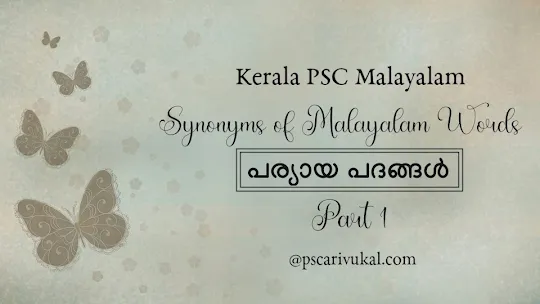A programming language is a type of computer language used by programmers to communicate with computers. In other words, it is a set of instructions written in a specific language such as C, C++, Java, etc to perform a specific task.
These programming languages have a wide variety of applications. They are used to develop websites, game development, desktop applications, automation in automobiles, mobile applications, etc.
There are mainly two types of programming languages. They are
- Low-Level Programming Languages
- High-Level Programming Languages
The above section is a brief introduction to programming languages. In another post, we will learn more about programming languages and their applications in detail for Kerala PSC exams.
List of Programming Languages and their Developers
Here, we'll learn about some of the top programming languages, their developers, and the year in which they were developed or appeared.
| Programming Language | Year | Developer |
|---|---|---|
| Assembly Language | 1949 | Kathleen Booth |
| Manchester Mark 1 | 1949 | Cicely Popplewell |
| Autocode | 1952 | Alick Glennie |
| FORTRAN | 1957 | John Backus |
| ALGOL | 1958 | Friedrich Bauer |
| COBOL | 1959 | Grace Murray Hopper |
| LISP | 1959 | John McCarthy |
| Simula | 1962 | Ole-Johan Dahl & Kristen Nygaard |
| SNOBOL | 1962 | Ralph Griswold |
| BASIC | 1964 | John Kemeny, Thomas Kurtz |
| PL/I | 1964 | IBM |
| B | 1969 | Ken Thompson |
| Pascal | 1970 | Niklaus Wirth |
| C | 1972 | Dennis Ritchie |
| SQL | 1972 | Donald D. Chamberlin Raymond F. Boyce |
| Prolog | 1972 | Alain Colmerauer |
| Smalltalk | 1972 | Alan Kay & Dan Ingalls |
| Scheme | 1975 | Guy Lewis Steele & Gerald Jay Sussman |
| Icon | 1977 | Ralph Griswold |
| AWK | 1977 | Brian Kernighan |
| Modula-2 | 1978 | Niklaus Wirth |
| C++ | 1983 | Bjarne Stroustrup |
| Turbo Pascal | 1983 | Anders Hejlsberg |
| AMPL | 1985 | Brian Kernighan |
| Erlang | 1986 | Joe Armstrong, Robert Virding & Mike Williams |
| Perl | 1987 | Larry Wall |
| Mathematica | 1988 | Stephen Wolfram |
| Tcl | 1988 | John Ousterhout |
| Wolfram Language | 1988 | Stephen Wolfram |
| Haskell | 1990 | Philip Wadler |
| Python | 1991 | Guido van Rossum, |
| HTML | 1993 | Tim Berners-Lee |
| Lua | 1993 | Roberto Ierusalimschy |
| R | 1993 | Ross Ihaka & Robert Gentleman |
| Java | 1995 | James Gosling |
| JavaScript | 1995 | Brendan Eich |
| Limbo | 1995 | Rob Pike |
| PHP | 1995 | Rasmus Lerdorf |
| Racket | 1995 | Matthias Felleisen |
| Ruby | 1995 | Yukihiro Matsumoto |
| OCaml | 1996 | Xavier Leroy |
| C# | 2000 | Anders Hejlsberg |
| D | 2001 | Walter Bright |
| Scala | 2003 | Martin Odersky |
| F# | 2005 | Don Syme |
| Fortress | 2006 | Guy Lewis Steele |
| Newspeak | 2006 | Gilad Bracha |
| Power Shell | 2006 | Jeffrey Snover, Bruce Payette & James Truher |
| Clojure | 2007 | Rich Hickey |
| GO | 2009 | Rob Pike Ken Thompson |
| TypeScript | 2012 | Anders Hejlsberg & Microsoft |
| Swift | 2014 | Chris Lattner |
Did you know that there are many programming languages developed by Indians?
Some of the famous ones are Kojo, the open-source language developed by Lalit Pant in 2010, Julia, a data science-based language co-created by Viral B. Shah, and Visual J# of 2002 developed by Microsoft India.
How can we forget to mention the recent Internet sensation 'Bhai-lang' a typescript-based toy programming language -- combining 'bhai' from the Hindi language with 'hi, bye' and other words in English -- created by two Indian developers: Aniket Singh and Rishabh Tripathi.
Thanks for reading!!!









Post a Comment
Post a Comment